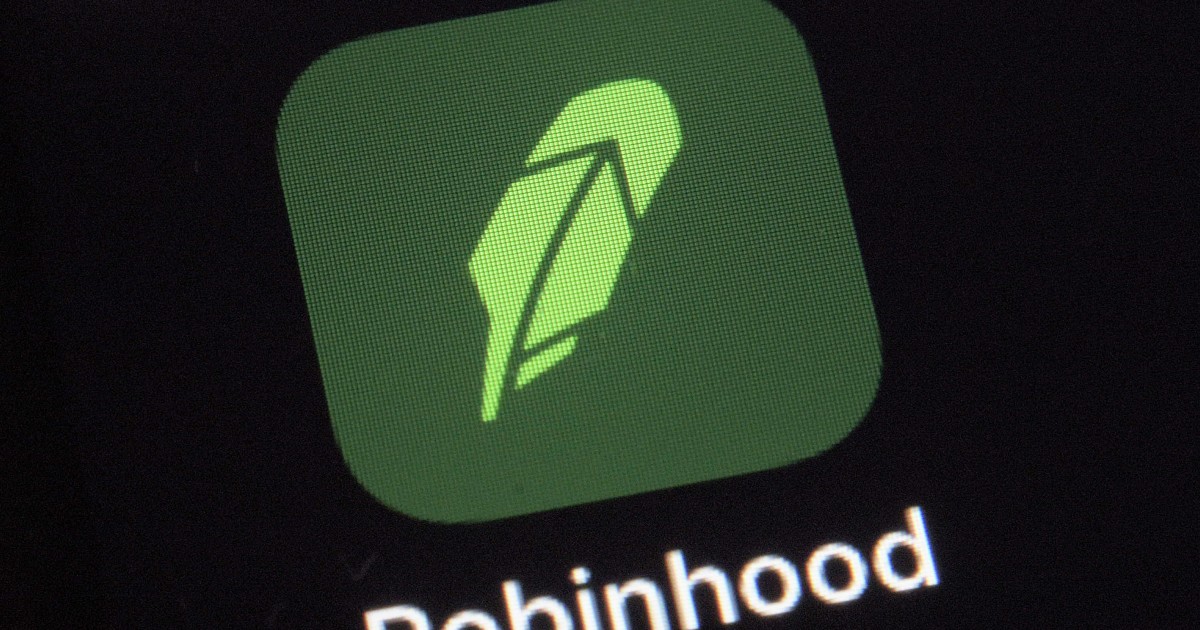After getting listed, Robinhood started trading at $38 and then dropped by nearly 10 percent before recovering a bit. Robinhood closed at $34.90 on its first day of trading. According to Bloomberg, statistically, this is the worst first day among 51 firms that raised as much as Robinhood or more. It seems Robinhood’s experiment at offering retail investors a chunk of shares is not taken in a good way.
According to The New York Times, previously, Robinhood said it has allocated up to 35 percent of its shares for retail but in reality, only 20 percent went to retail indicating “less interest than expected”.
According to Robert Le, an analyst for Pitchbook said that because of this, banks and other companies will avoid giving retail investors much access to future IPOs. However, a bad first day might not mean much for a good company. In the past, Facebook came with a disastrous IPO but the company was successful in later years.
Josh White, an assistant professor of finance at Vanderbilt University who was previously a financial economist for the Securities and Exchange Commission said retail investors aren’t trying to maximize their returns and they are okay with some gambling. He said, “Investors are trying to maximize their happiness, not their wealth. A lot of people get utility — fun or joy — out of trading stock.”
Now, the issue here is if such retail investors lose a lot of money, this might trouble brokers — not just Robinhood. White said, “Eventually, these are going to be customers that all brokerage firms want to attract. If they lose a lot of money now, are they going to exit investing altogether?”
